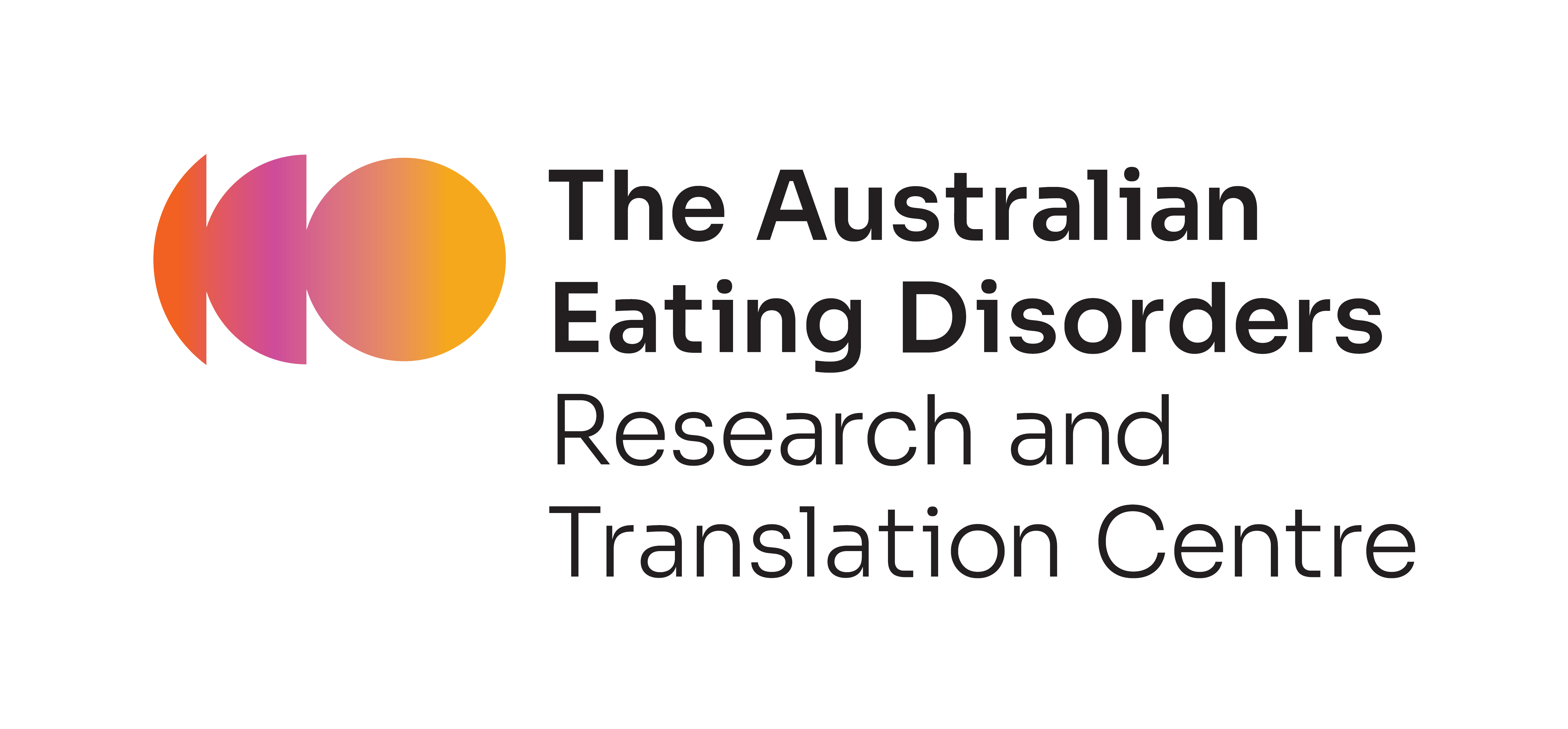Developing Guidelines for Safe, Ethical Practice for Eating Disorder Clinicians with Lived Experience

Lead Researcher Pheobe Ho
Curtin University
Affiliate Authors
Dr Sarah Trobe, National Eating Disorders Collaboration
Ms Melissa Pehlivan, InsideOut Institute
Ms Natalie Robertson, Luma Body Esteem Program
Ms Alison Parkinson, Acute Child and Adolescent Mental Health Services
Professor Sarah Egan, Curtin University
Professor Peter McEvoy, Curtin University
Dr Elizabeth Swann, Perth Children’s Hospital
Between 24-47% of eating disorder clinicians are estimated to have lived or living experience of an eating disorder. Clinicians with lived experience can represent hope that recovery is possible and bring understanding and empathy. Conversely, they may feel unsupported or experience issues around providing care for their clients. However, there is limited research around how to best support this cohort.
Involving lived experience insights in eating disorder care may have significant impacts on improving service delivery. However, clinicians with lived experience may be reluctant to disclose or seek supports due to stigma, shame, or fear of professional repercussions. To date, no guidelines exist to support safe, ethical practice for clinicians with lived experience of an eating disorder.
In a world-first, this project aims to develop guidelines supporting safe, ethical practice for eating disorder clinicians with lived experience. The Delphi Method will be used to gain consensus on personal and workplace factors supporting safe, ethical practice. These factors include, but are not limited to, the role of therapy, supervision, self-reflection, managerial support, workplace culture and training. We aim to gain consensus across clinicians with and without lived experience, as well as consumers with lived experience. Guideline development will help eating disorder workplaces support wellbeing and safety of all clinicians, integral for workforce sustainability, and for the benefit of clients. This research will additionally bring clarity to designated versus non-designated lived experience roles and strengthen the lived experience workforce.
